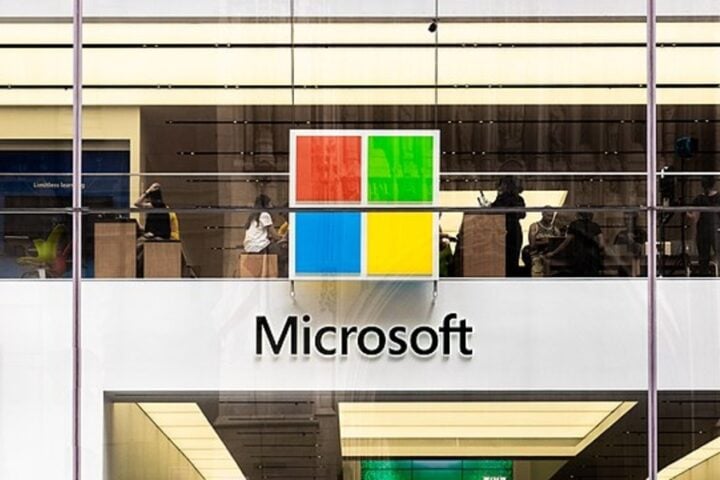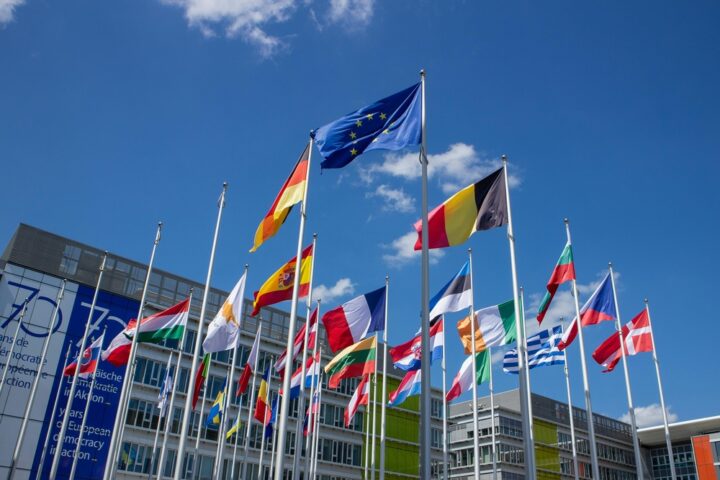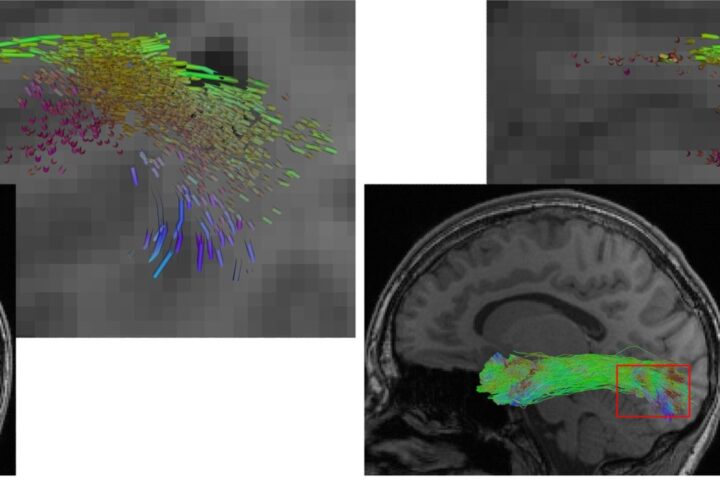Bill Gates, the billionaire businessman and co-founder of Microsoft, raised concerns about AI taking over the world in a recent post on his blog, GatesNotes. Gates pointed to an interaction he had with AI in September, during which it received the highest possible score on an AP Bio exam and delivered an answer that Gates claimed was better than anyone in the room could have provided.
Gates reflected on ways AI will impact industry, and for the next 10 years, he and the Gates Foundation will focus on how AI technology could be used to reduce inequality. Mathematical competency is on the decline nationally, especially for black, Latino, and low-income students. Gates believes that AI can help turn around the decreasing achievement in math and restore balance.

AI can enhance work productivity by improving the efficiency of everyday workers and can be identified as a useful “digital personal assistant,” said Gates. Governments will need to take essential steps to accommodate the growing AI technology by retraining populations as AI will grab onto new roles, and AI will even have a strong impact on reducing the burden on care workers.
Gates also mentioned that AI can have a massive effect on poorer countries where access to medical facilities is limited, including giving patients the ability to do basic triage, get advice, and decide whether they need to seek treatment. Gates claims that AI will eventually be able to predict side effects and the correct dosages for individual patients and make significant contributions to medical innovation.
- UK Exported 8,500 Tonnes of Banned Pesticides in 2023, 98% from Syngenta
- Miniature Dachshund Valerie Survives 500 Days Lost on Kangaroo Island
- AI Adoption Adds 2.2 Hours to Weekly Workload, CEPR Study Finds
- Four Rare Amur Tiger Cubs Born at Longleat Safari Park
- Trump Administration Cuts $12B in Health Grants, States Lose Funding
Despite the potential good, Gates warned that AI can have negative effects on society and urged governments and philanthropy to play a major role in ensuring that it reduces inequity and doesn’t contribute to it.


















